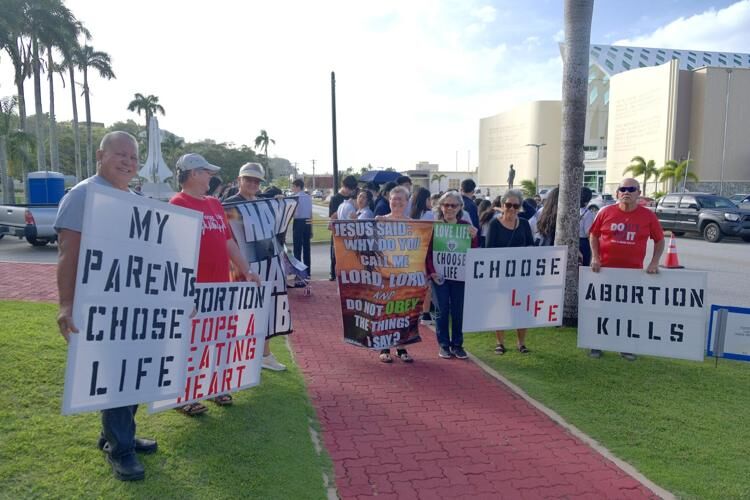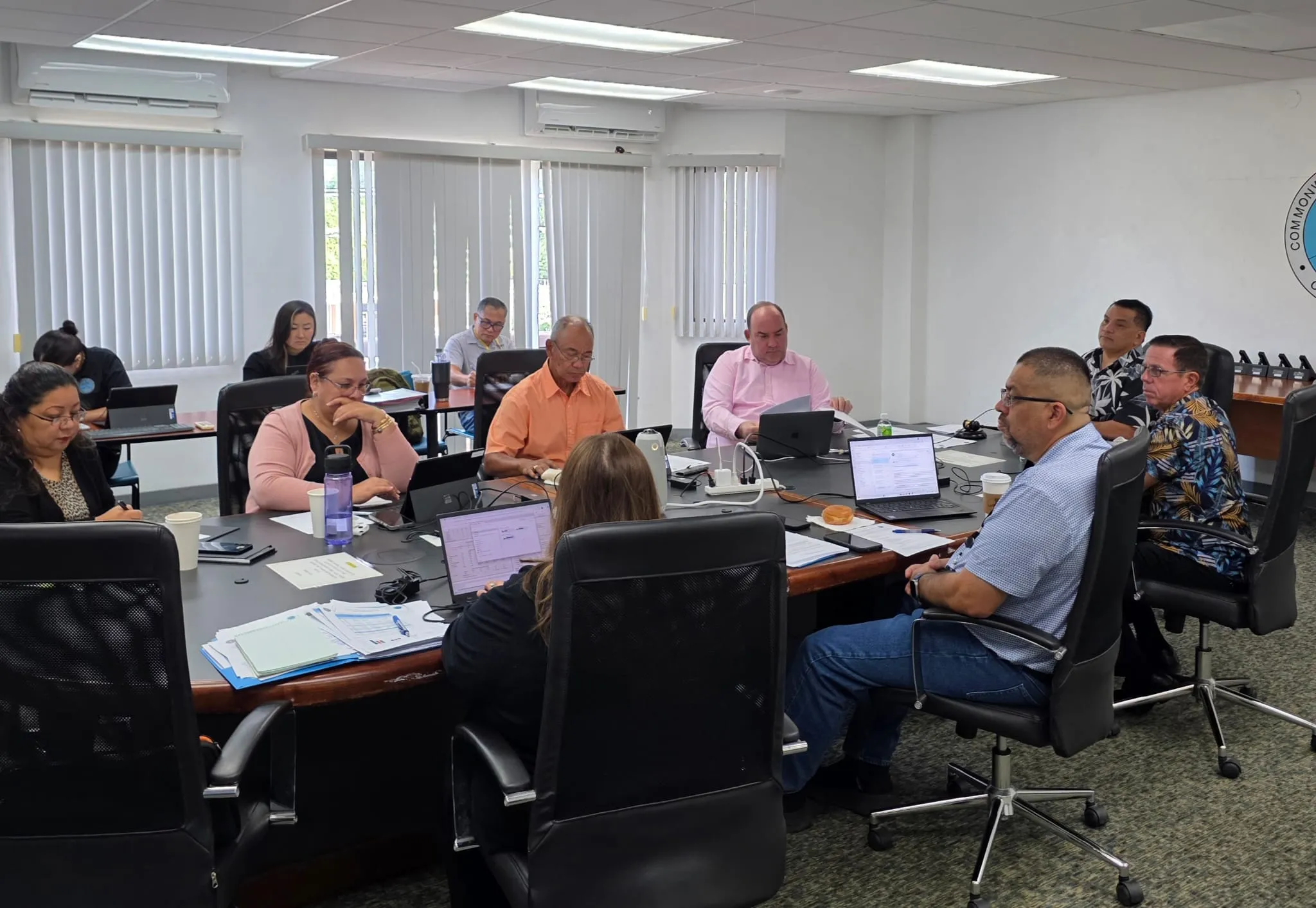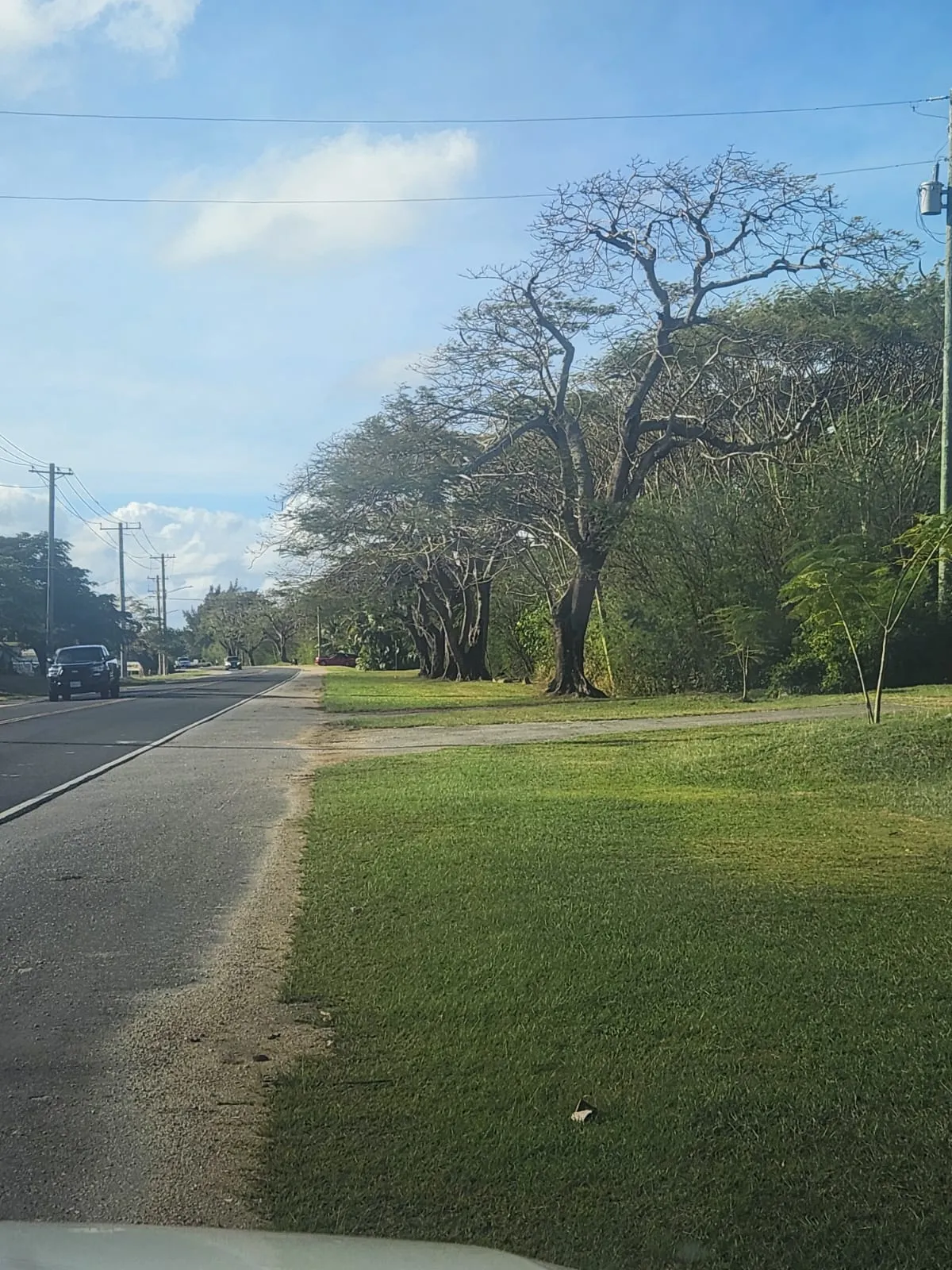HAGÅTÑA (The Guam Daily Post) — Legal counsel for the Guam Legislature requested, and was granted in part, an extension of time to respond to the writ of certiorari petition filed by the attorney general regarding last year’s Supreme Court of Guam decision on the island’s dormant abortion ban.
“Unfortunately, in this matter, the Guam Legislature may only act collectively and through a resolution requiring both statutory public notice and time to convene its Committee on Rules. The Guam Legislature played a significant role in the Supreme Court of Guam’s Oct. 31, 2023, opinion. I anticipate the Guam Legislature will also want to participate and provide (the Supreme Court of the United States) with its position on the current Petition. Petitioner raises as his sole ground for granting certiorari an issue not raised before the Supreme Court of Guam,” attorney Michael Phillips, the Legislature’s legal counsel, stated in a motion.
The governor, a respondent in the case, opted not to respond to the AG’s petition unless requested by the U.S. Supreme Court.
Phillips said those facts constituted good cause for an extension, and asked that the Guam Legislature be given 60 additional days from the current deadline of April 3 to file a response. Phillips’ motion was granted in part, and the deadline was extended to May 13.
Attorney General Douglas Moylan has said he wants to open up enforcement of Guam’s 1990 abortion ban, Public Law 20-134, following the 2022 U.S. Supreme Court decision in Dobbs v. Jackson Women’s Health Organization, which overturned prior case law and ruled that the Constitution does not guarantee a right to abortion in the U.S.
P.L. 20-134 would have prohibited abortions at all stages of pregnancy, with limited exceptions related to medical intervention and ectopic pregnancies. Victims of rape and incest, for example, would not be exempt under the ban unless they meet those limited exceptions.
The ban was held unconstitutional shortly after enactment due to case law at the time, and was placed under an injunction, which has remained for decades.
Moylan has been trying to lift the injunction through the federal courts, but last year, the Guam Supreme Court determined that P.L. 20-134 “no longer possesses any force or effect in Guam” because it was repealed by implication through subsequent laws allowing for abortion.
In petitioning the Supreme Court of the United States to review the case, Moylan and lawyers for the conservative law firm Consovoy McCarthy PLLC didn’t tackle the Guam Supreme Court’s decision directly, but instead questioned its ability to issue that determination.
The question they presented to the U.S. Supreme Court was whether the Guam Supreme Court’s “advisory opinion” constitutes a permissible exercise of “judicial authority” vested in that court by Congress.
“(The Guam Legislature) passed a law allowing the Supreme Court of Guam to issue – in response to a request from Guam’s governor or Legislature – a declaratory judgment ‘as to the interpretation of any law, federal or local,’ on ‘a matter of great public interest,'” the AG’s petition for writ of certiorari stated.
“One of our judicial system’s few never-disputed tenets has been that the ‘judicial authority’ – the only power Congress has given to the Supreme Court of Guam – does not include authority to issue advisory opinions. In Guam, that’s no longer true: The Guam Supreme Court’s exercise of ‘judicial authority’ in this case produced a quintessential advisory opinion,” the petition added.

Anti-abortion supporters attend the Guam Catholic Pro-Life Committee’s 2024 March for Life event in Hagåtña on Friday, Jan. 19, 2024.











